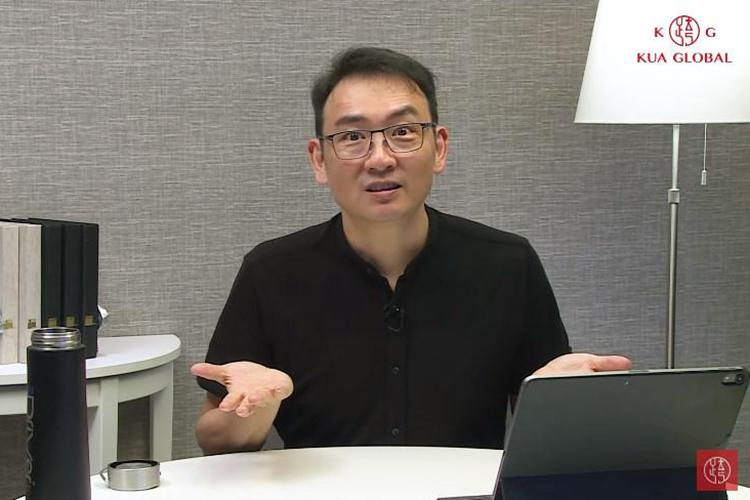A people-pleaser personality, also known as a "submissive personality" or "dependent personality," refers to individuals who excessively comply with others to seek their approval and affection. They do this to gain affirmation, recognition, and a sense of security. Such individuals often prioritize others' needs over their own, are afraid to express their thoughts and opinions, and always strive to meet others' expectations.
Gordon Huang, senior pastor of 101 Church & Star City Church, recently shared his many years of pastoral counseling experience online, offering four pieces of advice to help people-pleasers change.
He believes that a people-pleasing personality is often related to the family of origin. During the growth process, a child receives positive feedback only when doing things their parents like. Over time, this leads to the belief that they will only be loved if they do those things. This makes them define love as giving and sacrificing, and only then will they be loved.
Learn to take care of your own needs first
He gave the example of watching the safety video while taking a flight, which emphasizes putting on your own oxygen mask before helping others. People-pleasers always tend to take care of others' needs first, often neglecting their own. They should work towards changing this by taking care of their own needs first.
Learn to love yourself
Many people-pleasers often do not love themselves. Rev. Huang finds this very sad, as they keep giving to gain others' love and hope so that others will love them in return. However, the result is often that they never receive love, and they cannot love themselves either. When people-pleasers encounter problems in life and work, they need to quiet down and think about how to love themselves.
Establish clear boundaries
Healthy relationships require clear distinctions between "whose responsibility" and "whose problem." We should not turn others' responsibilities, problems, and difficulties into our own. People-pleasers often feel disrespected and taken advantage of because they accept responsibilities and problems that are not theirs and are reluctant to say "no."
Learn to say "no"
"I can't," "No," "I can't do it," and "This is not my responsibility," are what people-pleasers need to learn to say. Saying "no" is not a bad thing, and it is okay to say "no" to others. "You are worthy of being loved," Huang said. "You deserve a reciprocal relationship. In a normal relationship, you can also gain respect from others, which is healthy."
- Translated by Abigail Wu












